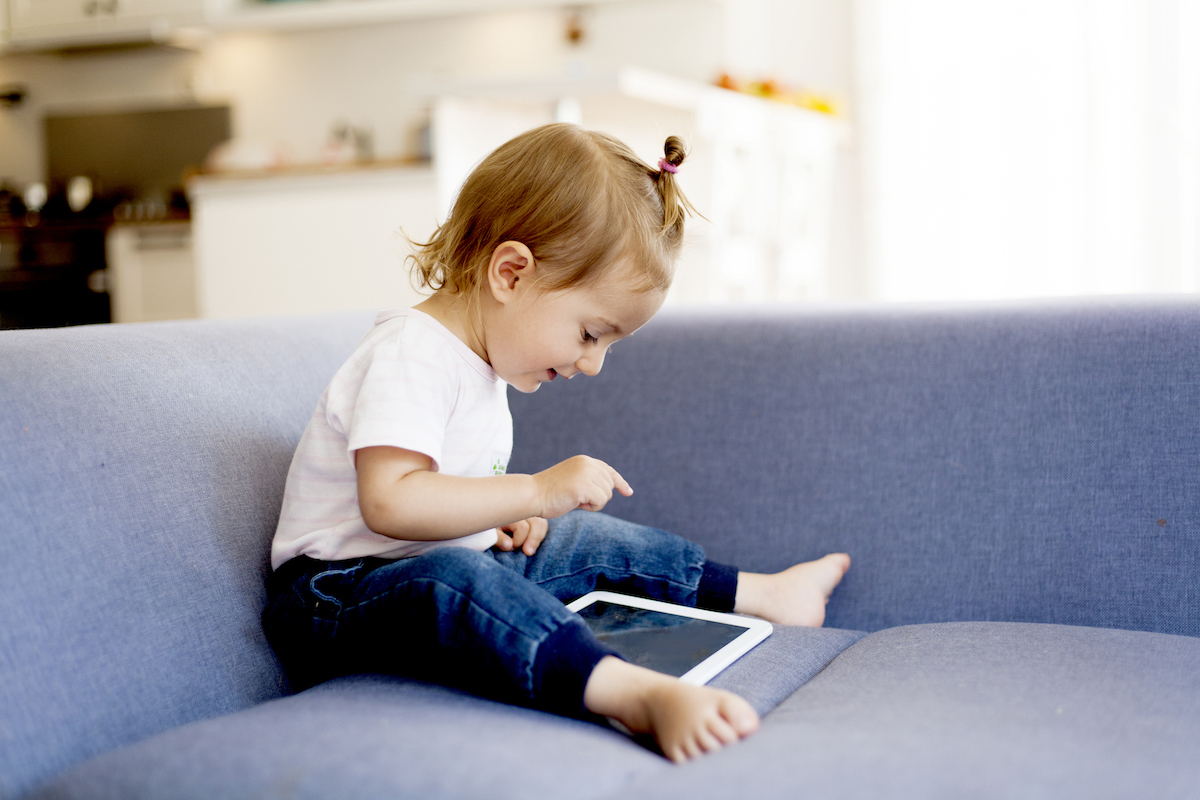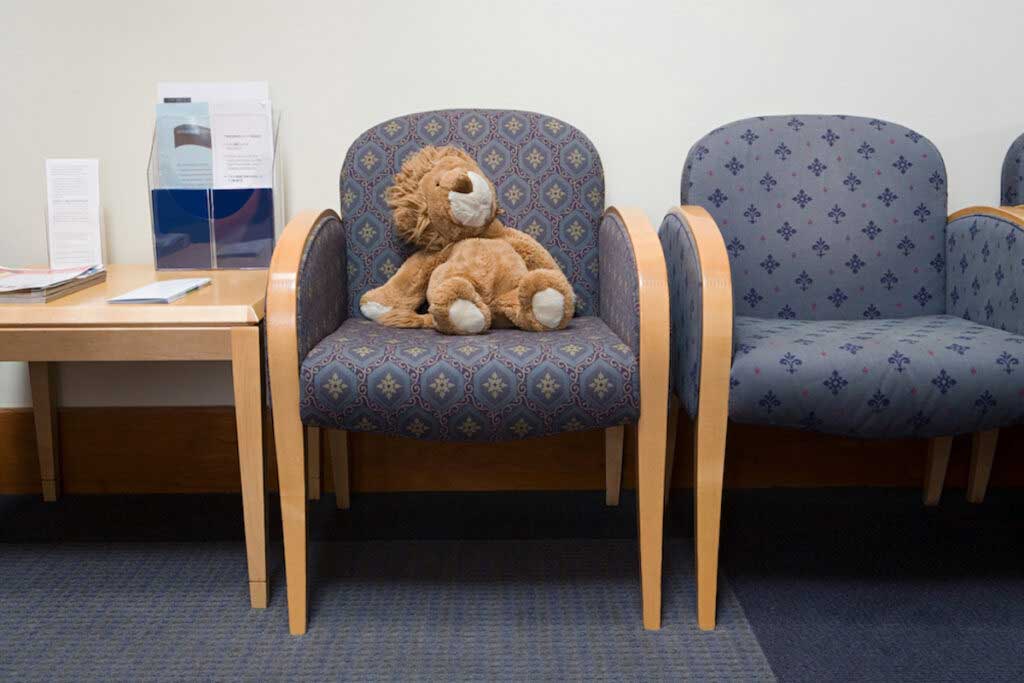If there is something that occupies the mind of a new parent as much as sleep — their own and their infant’s — I am not sure what it is. I still recall vividly the moment when Penelope was three weeks old when I sat on the couch, crying hysterically, facing down the fact that I would never feel rested again. (This wasn’t true! Or at least, now it’s mostly self-inflicted.)
Sleep deprivation is, no exaggeration, a form of torture. Which is why it’s not surprising that new parents spend a lot of time (and money) trying to get more sleep. At the same time, infant sleep is among the most fraught and scary parts of the early parenting discussion. How dangerous is it for infants to sleep in your bed? Is back sleeping really necessary, and for how long? What if they roll back?
And then your kids get bigger, and apparently they still need to sleep and it’s not always easy. How much sleep do they need, and how much does it matter if they do not get enough? Why do they need a refill on their water at 3:30 in the morning? Who drinks half a liter of water at night? (This is just my household, isn’t it?)
The bottom line is that sleep is hard, we all want more of it, and it’s not always clear how to get it. So I won’t have any perfect answers here. But! I can round up what I’ve written on it and give you a few other resources. In doing this, I’ve realized I need to write more columns on sleep, so stay tuned for that.
Writing from me
On safe sleep
You hear that the safest sleep environment is: on their back, in their own crib, in your room, with nothing in the crib. I spend a lot of time in Cribsheet unpacking all of this, but I’ve also written about the individual pieces.
- Back sleeping: Yes, it’s a good idea, which is supported by a lot of evidence.
- Co-sleeping: There are safer and less safe ways, and we do parents a disservice by not explaining that (do not co-sleep on the couch).
- The Boppy Lounger recall: It’s complicated.
On getting your baby to sleep more
There is no magic bullet. No matter how much money you spend, you cannot guarantee your kid will sleep for long periods at night. But some things can help.
- Swaddling: No writing on the subject outside of Cribsheet, but I’ll just put it out here. Swaddling is good!
- The SNOO: Is it necessary/worth it?
- Sleep training: Yes, it works, although it’s not going to fix all your problems this instant. No, it doesn’t cause your child to have serious emotional problems.
- Bossy advice alert: It doesn’t really matter which sleep training approach you pick (go in and check, don’t check, etc.), but it does matter that you are consistent. Don’t whiplash between various sleep training regimens — that doesn’t work. Pick one you can stick to, and stick to it.
- White noise: Helps babies sleep; get an app to make sure it isn’t too loud.
Older kids
- Data on why sleep is important, about halfway through the piece. Bottom line: Kids need a lot of sleep, maybe more than they get, and there are some tips to figure out how to make sure they are getting enough (namely, evaluating if they are sleepy).
- Melatonin: Useful, especially in some situations.
Pregnancy
If you’re pregnant and reading this, you might like to know that you can sleep however you want. New data here.
Other writers and resources
There is so, so much noise in the area of sleep. Hundreds of books on getting your child to sleep more, to sleep easier. Instagram accounts pitching particular sleep approaches that often want to sell you something (one I do like is NurturebyNaps, although it is broader than sleep). So I’d be a little careful in the social media space.
But there are some useful books.
- The Happiest Baby on the Block. Shushing and swaddling and sucking, etc.
- Healthy Sleep Habits, Happy Child. This is ultimately what I used for sleep training. Easy to follow.
- Solve Your Child’s Sleep Problems. The best seller. I found it very difficult to follow in terms of infant training but enormously helpful with older kids. Of particular note is the distinction between night terrors and nightmares, which confuses many parents and which need different approaches.
And some useful stuff you may want to buy, even though I just said you don’t need to buy things.
- Miracle Blanket (Swaddling for Dummies)
- I was going to recommend a white-noise machine, but Amazon had too many links and I got intimidated. Anyway, you don’t need anything complicated!
- Melatonin gummies, low dose. You do not need a big dose for kids.
I hope this is helpful!
Community Guidelines














